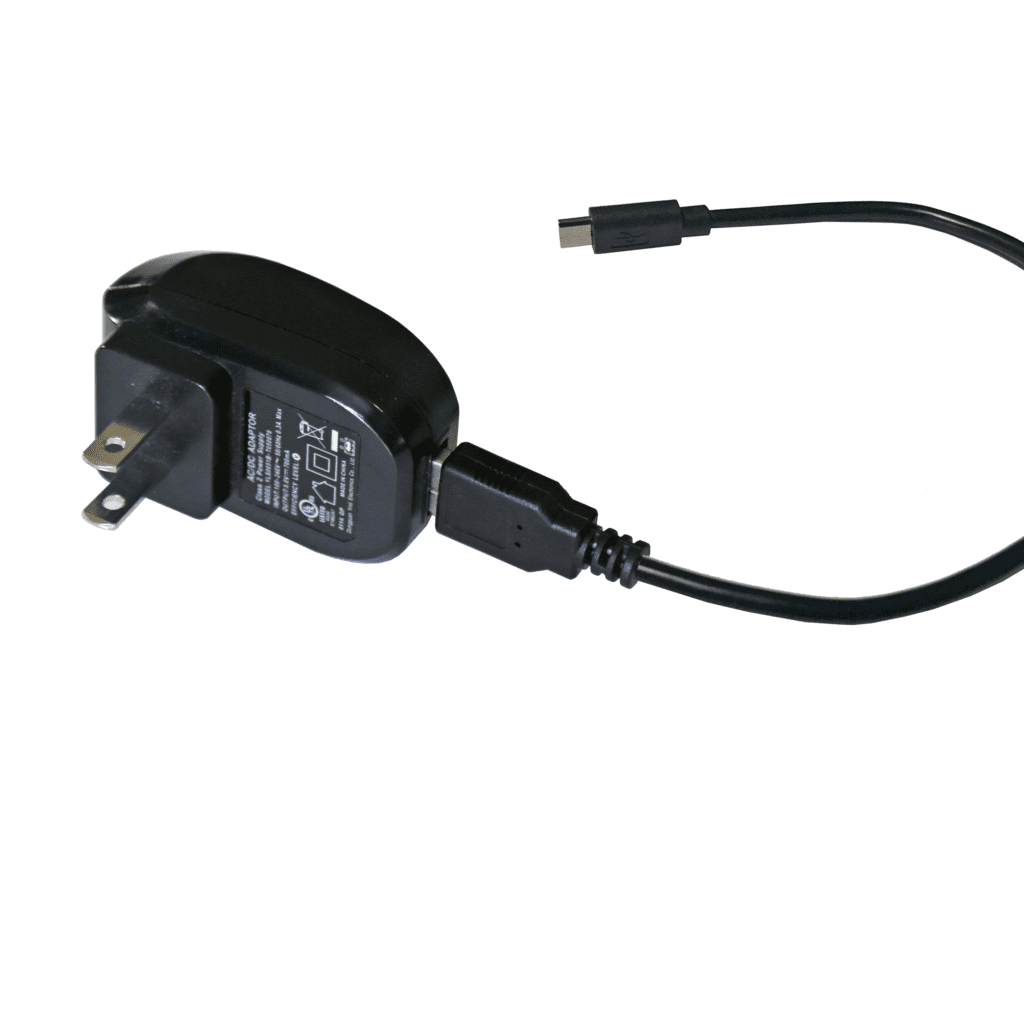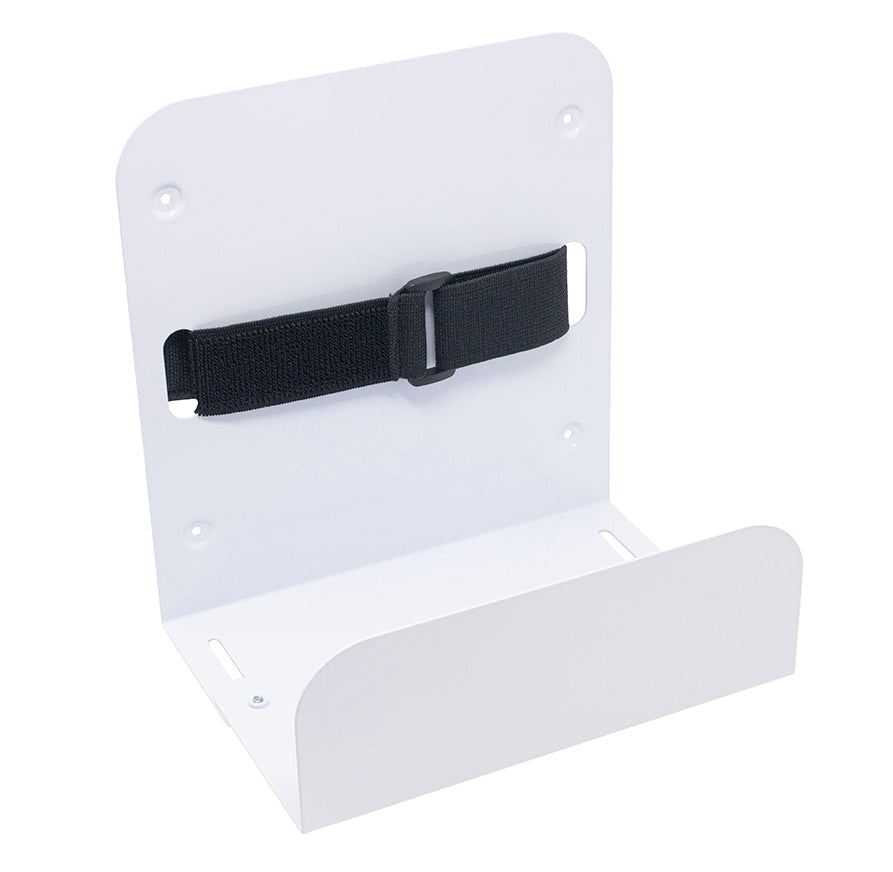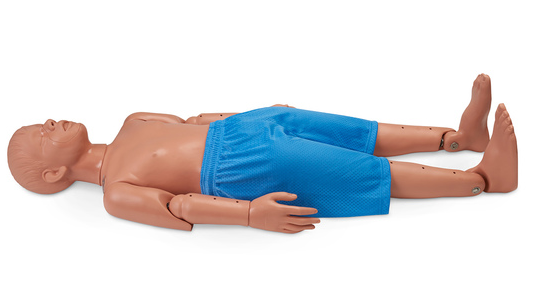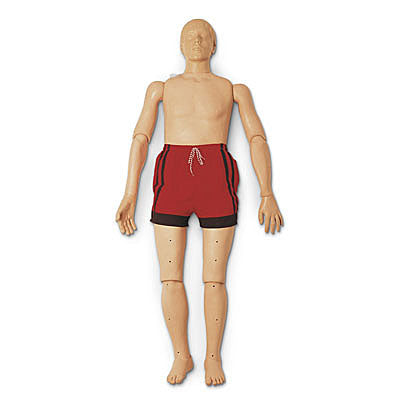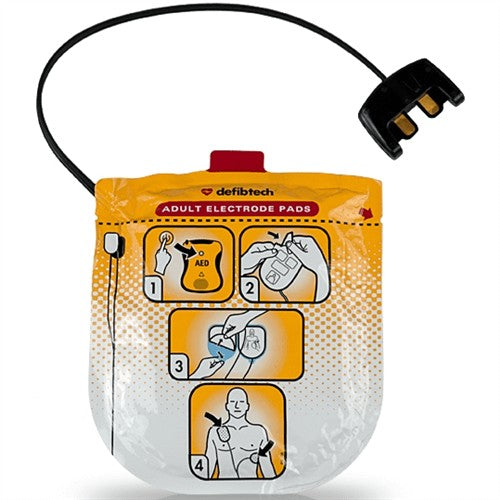SALT LAKE CITY — High school students in the Beehive State will have more than a diploma under their belt after graduation as they are now required to undergo CPR training as part of the state curriculum, one component of a statewide initiative to combat sudden cardiac arrest.
SB192 was signed into law in March and provides funding for and defines CPR training in state code as a requirement to be taught in all high school health classes in Utah.
Graduating classes of students that are CPR trained is significant for Utah, too, as heart disease is the No. 1 killer of Utahns, according to the American Heart Association.
Jennifer Merback, spokeswoman for the American Heart Association Utah Division, said that nearly 1,500 Utahns experience sudden cardiac arrest outside of a hospital setting every year and only about 10% of people survive.
"Bystander CPR can mean the difference between life and death," Merback said.The law will go into effect during the 2022-2023 school year.
"Equipping our children with the knowledge of how to perform CPR will make a significant impact upon them and the individuals they might save," said Dr. Chad Bittner, American Heart Association Utah Division board president. "We can substantially increase community lay rescuer CPR with both the new T-CPR rule and Senate Bill 192."
In addition to CPR training being taught throughout Utah high schools, the American Heart Association Utah Division also pointed to a new state administrative rule requiring high-quality telecommunicator CPR training.
This means that first responders such as dispatchers and emergency call takers will be trained to "identify a victim in cardiac arrest and provide initial care by delivering CPR instructions while quickly dispatching emergency medical services," the association said in a release.
"A telecommunicator who effectively engages the caller, identifies the cardiac arrest, and coaches effective CPR could double or triple the chances of survival from sudden cardiac arrest," Bittner said. "Through these actions, the telecommunicator can make the difference between life and death."

